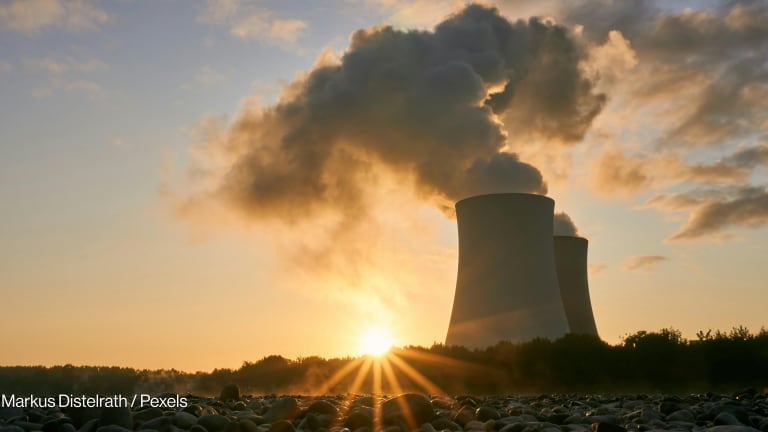Multilateral finance for global development and poverty reduction is in the midst of unprecedented change, and the World Bank is seeking ways to respond.
The emergence of the new China-led Asian Infrastructure Investment Bank and the New Development Bank led by Brazil, Russia, India, China and South Africa signal the growth of a new development landscape removed from the Western-led Bretton Woods model. Emerging and developing countries are asserting themselves as stronger actors for finance and economic growth.
Despite the rise of new actors, the United States has so far maintained its hold on World Bank leadership. With nearly 16 percent of shares, the U.S. is the bank’s largest shareholder and the president of the United States has picked the head of the institution since its founding.








